FESTIVAL MASS: Archbishop's Homily
Homily of Archbishop Leo Cushley of St Andrews & Edinburgh, Festival Mass, St Mary’s Metropolitan Cathedral, Sunday 10 August 2025. (All images Ieva Marija Photography).
***
My dear friends,
A warm welcome to our Cathedral on the happy occasion of the Edinburgh International Festival.
In your name, I’m pleased to give a very warm welcome to Councillor Robert Aldridge, the Right Honourable Lord Lieutenant and Lord Provost of the City of Edinburgh, our city’s bailiffs and councillors, distinguished representatives of the City’s Consular Corps, representatives of the Knights and Dames of the Order of Malta, of the Holy Sepulchre and of St John, the city’s High Constables.
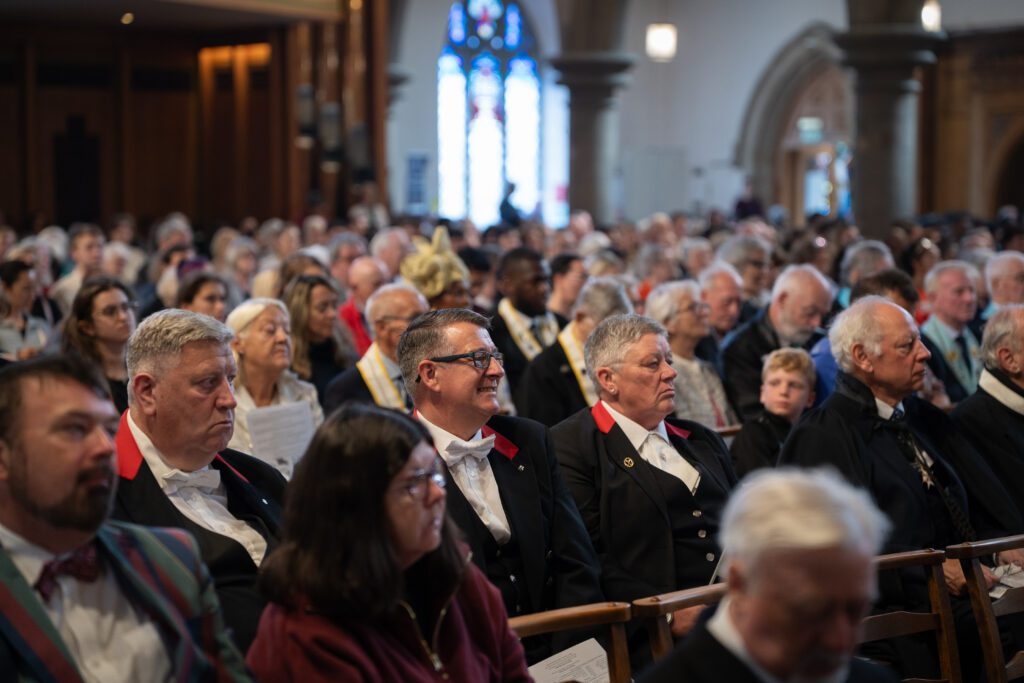
I’m also pleased to welcome Bishop John Armes of Edinburgh and the Reverend Scott Rennie of the High Kirk of St Giles, and many other distinguished guests and friends. Thank you for honouring us with your presence today.
In A Brief History of Time, Stephen Hawking finishes this famous book in a very interesting way.
After taking us on a tour of time and space, and our wonderful but also somewhat incomplete knowledge of both, he ends by talking about knowing the mind of God, and how we poor human beings might, one day, actually come to know the mind of God.
What he appears to be getting at is, if we are one day able to unify our theory about space and our theory about time, and if we can find a way to observe and verify and reconcile our views about space and about time, we will have arrived at a unified theory of everything.
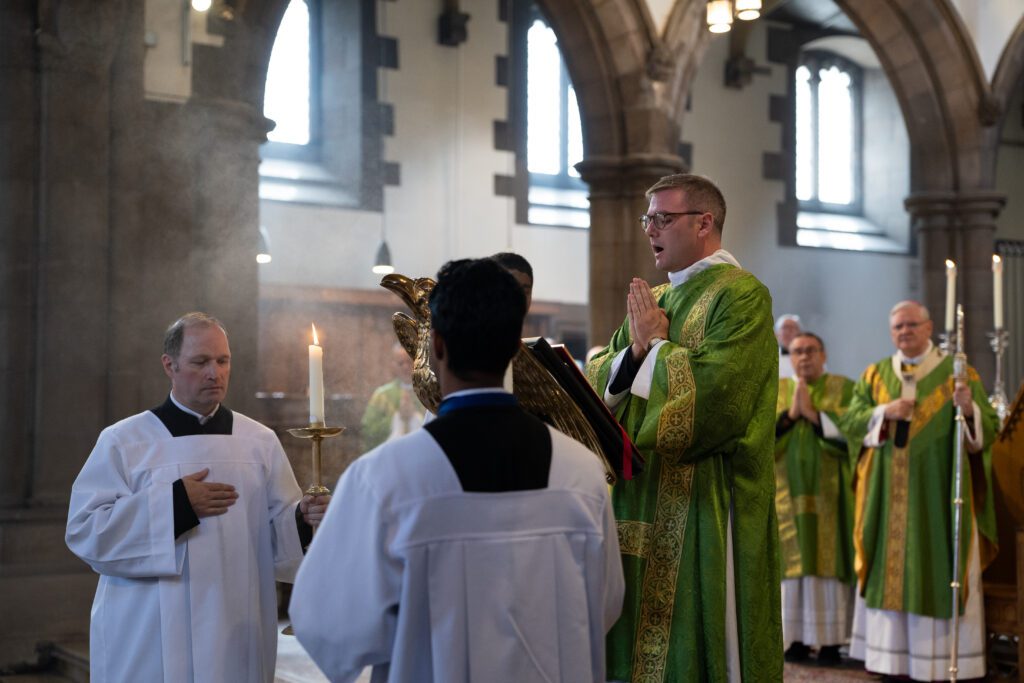
We will understand what space and time are, and therefore we will know where we – and everything else - came from, where we are, and where we are going in the future. In this way, as Hawking puts it very neatly and briefly, we will then know the mind of God.
And wouldn’t that be interesting, to say the least.
A scientist, away at the earlier end of the twentieth century, believed that we were very close to understanding how space and time worked.
In fact, he more or less said, “We are six months away from the end of the science of Physics”.
Well, he turned out to be wrong.
Some eighty years later, Stephen Hawking, with clarity and humour, asserted that we were closer than ever to a unified theory of space and time, but he also saw that it was still out of reach.
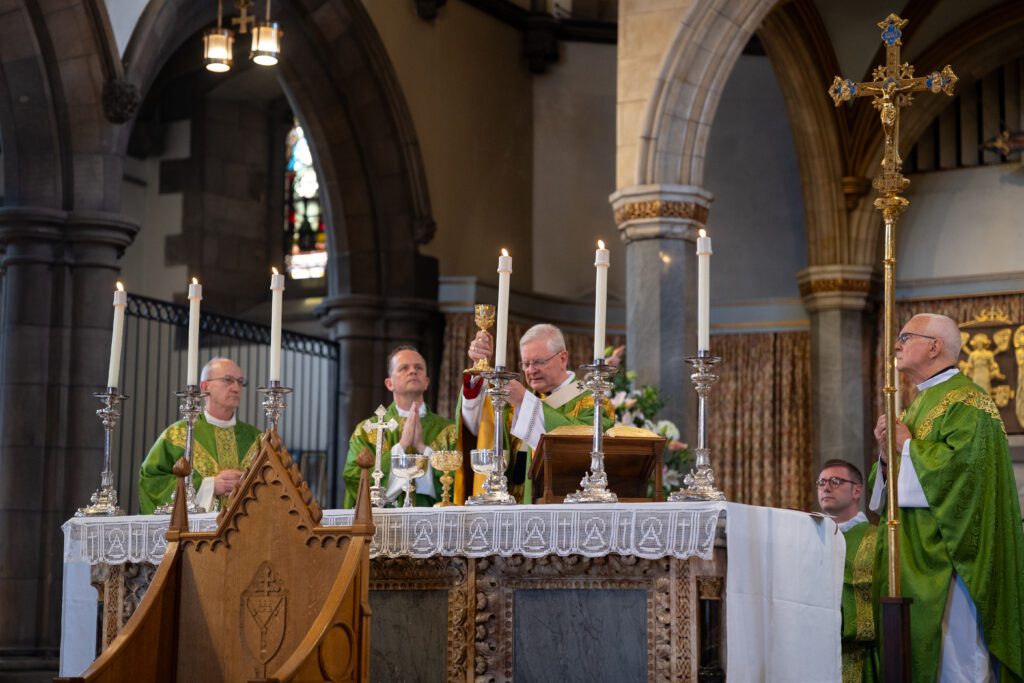
He didn’t live to see a unified theory of everything, and here we are, still trying to work out where we all come from, where we’re all going, and what, if anything, it all means.
In spite of help from the likes of Newton and Einstein, we’re still struggling to tell the time, the real time.
All we know is that time is very slippery stuff.
Our watches owe their twelve hour faces to the ancient Egyptians of 1500 BC, and we largely owe our 24 hours in the day to the ancient Sumerians’ remarkably accurate observations of time - a very long time ago.
As a species, we’ve been at this for a quite a while, then, but we’re still not there.
We still don’t know the mind of God. But we do have a few glimpses of it.
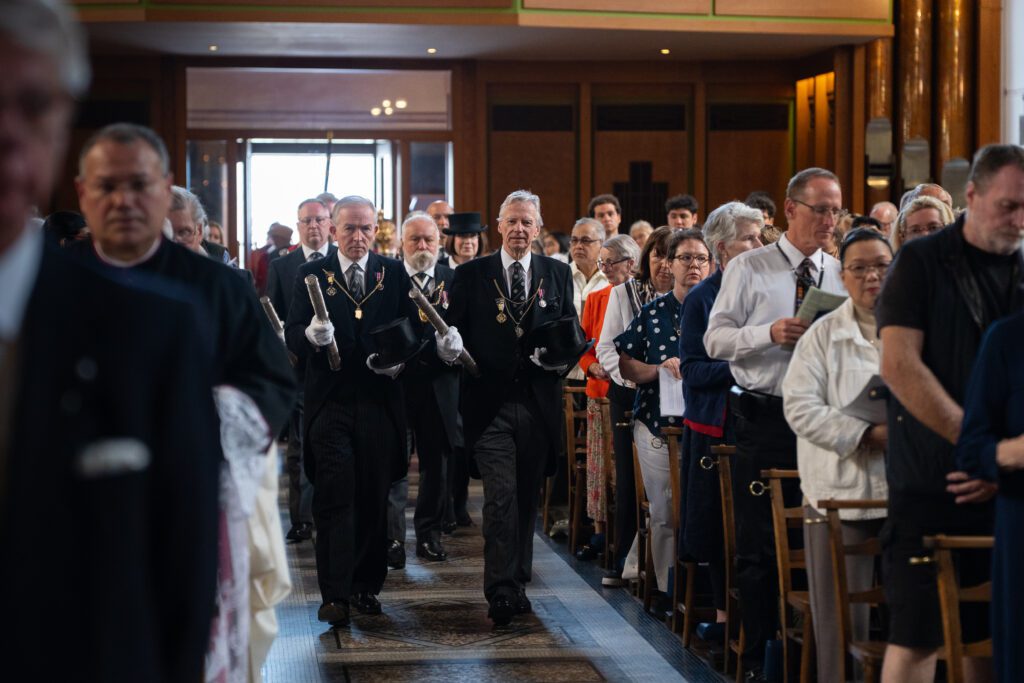
The Lord also has something to say about this. The gospel text today finishes with Jesus saying, “The Son of Man is coming at an hour you do not expect”.
Of course, this adds something to our view of time.
Of course, Jesus isn’t quite talking about astronomy, but about the time we have this side of eternity, about the time we are alive, about our moral compass and about how much time we have left to get things right.
As individuals, we know empirically that we won’t be here for ever, and that surely ought to add a little urgency to what we’re going to do with the time we have.
At this point, anthropologists and environmentalists chip something as well. One of them once famously said, “Men and women are party animals”.
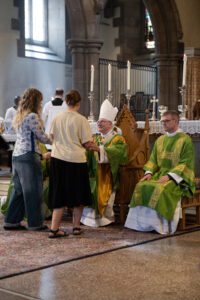
In other words, people are mostly interested in the good times, and don’t want to hear about the bad times, and certainly not about the end of time.
When we look at Edinburgh festivals, we see a lot of partying. They certainly propose a good time for everyone, and the numbers of visitors to our festivals speak for themselves.
And yet, somewhere deep down, we must acknowledge that there will be a time when it all has to get real, and a time when we’re not here anymore. And what does that mean for you? More partying? More anaesthetic? Do you push it away? Or does it make you pause, and think, and value just a little bit more the limited time you undoubtedly have?
Our city is the home to the third largest ticketed event in the world: after the Olympics and the World Cup comes us and Edinburgh’s festivals.
It’s a tribute to the human wish to party on, to enjoy the time we have here.
But it can also help us stand back, and notice that life’s not always like that.
It can become an opportunity to notice the many things we do enjoy during the festivals, to be grateful for the friendships, and the fun, and the beauty of what we can achieve when we put our minds to it – and also to notice that we won’t always be here.
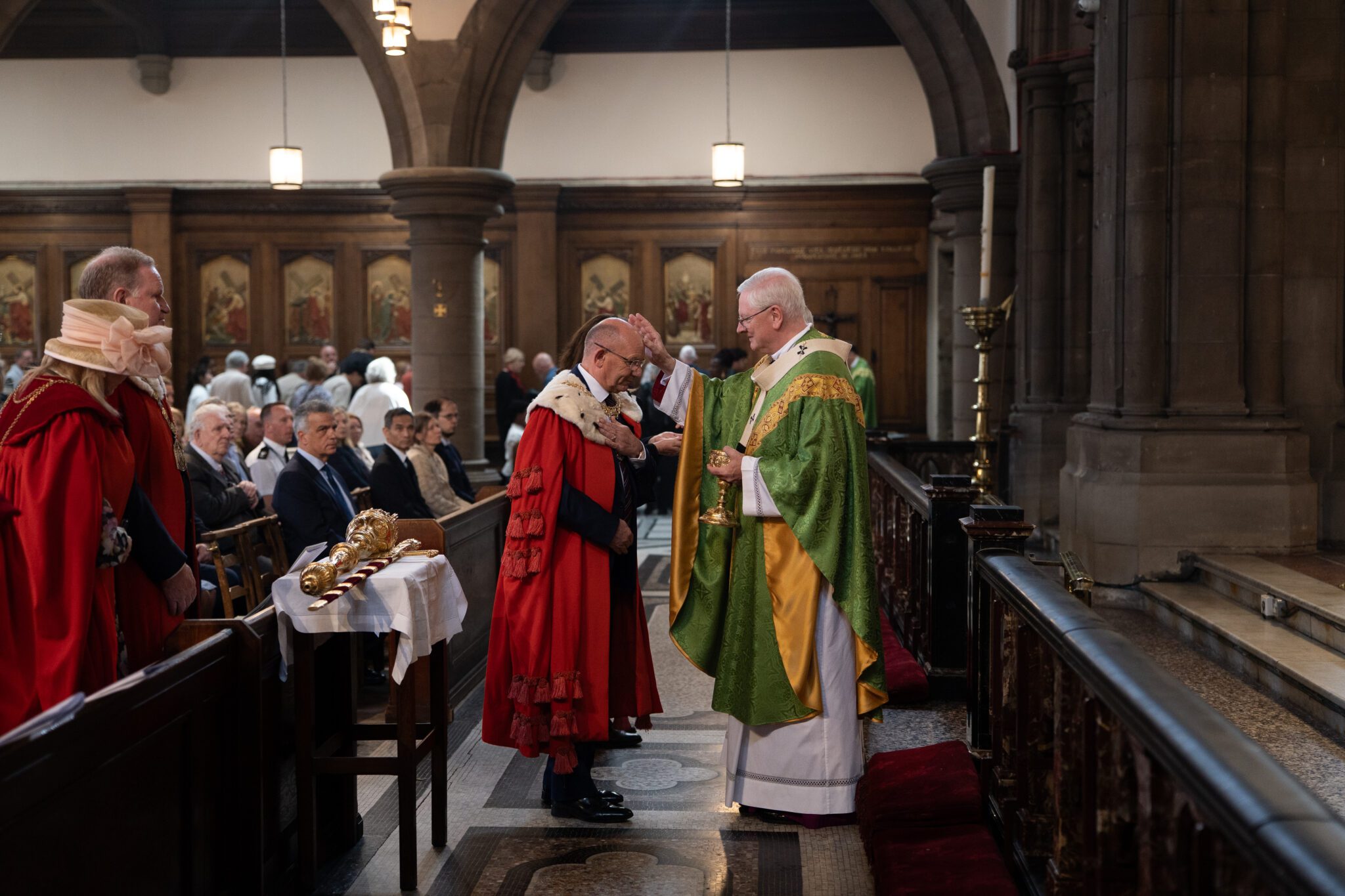
We don’t know the day or the hour of our own departure or of the end of all this. If we did, we would know our purpose, we would know the mind of God.
But let’s already endeavour to glimpse and acknowledge that our place here is a small one, a brief one. Let’s make our time here count, not in complete craziness, but in knowledge of self, in contentment with what we have, in magnanimity to strangers, and in love to friends.
Then the day and the hour can come, and we will be a little readier for it, and little more content to face eternity.
Have a wonderful festival, thanks for listening and God bless you all!





